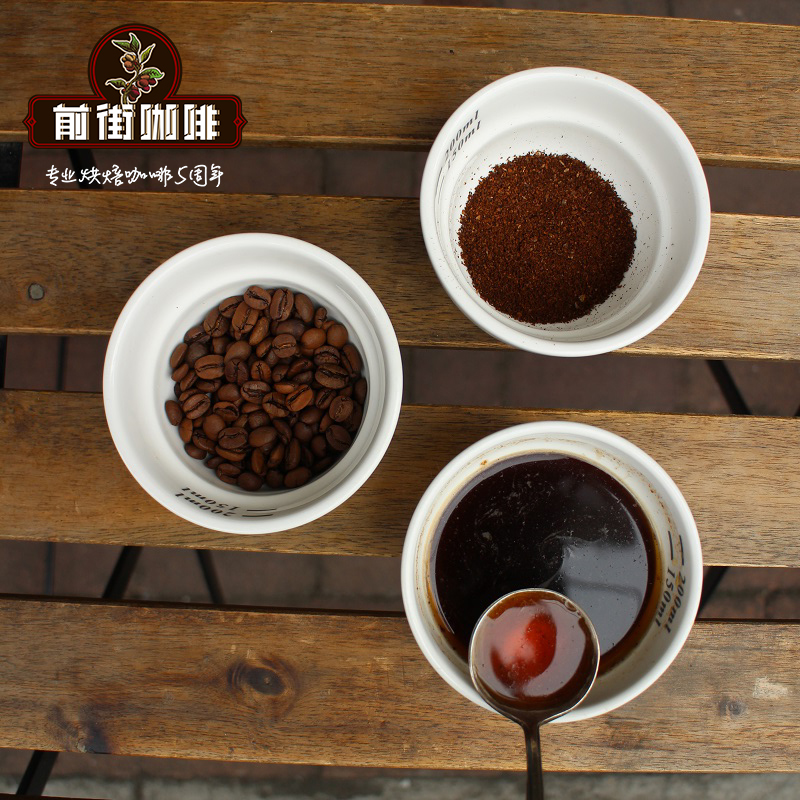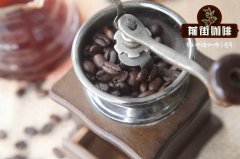Kenya Coffee auction system Coffee has two main trading modes in Kenya
Kenyan auction system:
Most of the coffee beans are graded and then sold at the auction site by the Kenya Coffee Bureau. The system of public auction can be traced back to 1934, and the auction method adopts the agent system. There are 50 licensed agents in Kenya who send sample beans to their customers for cup testing. Customers can bid for their favorite coffee by agents at auction. But this approach seems to encourage intermediary agents to erode farmers' incomes, so in 2006 Kenya opened 32 more independent sales agents to directly contact foreign coffee buyers without going through auctions.
But all these have to be of the same quality as the Kenyan Coffee Agency? Storage? Only standards such as bank guarantee can. The two systems operate in parallel at the same time. After several years of development, it is the most transparent auction distribution system. The better the quality of coffee is, the better the price can be measured through the cup, so that more cooperatives and farms are willing to join.
There are two main modes of trading coffee in Kenya:
At the Nairobi Coffee Exchange auction (central auction system), 85 per cent of coffee beans are traded through the auction system.
Or through direct trade (often referred to as the "second window"), only 15% of coffee beans are traded through direct trade.
Kenyan coffee transaction process
Model 1: Nairobi Coffee Exchange auction
Since the establishment of the auction system in the 1930s, most Kenyan coffee has been traded in this way. Coffee auctions are held every Tuesday during the harvest season. It is an auction system developed from a "public outcry" auction system, in which each trader bids by pressing an electric trigger. Through this system, the price of high-quality, highly popular coffee will soar as agents compete with each other.
Model 2: direct trade
Direct trade enables farmers and buyers (such as bakers or importers) to discuss and determine a price different from that of auctions before or during harvest. Some exporters also buy coffee directly from relevant marketing agents or factories, using the previous week's specific grade auction price as a negotiated reference price. Direct trade can lead to more income for farmers who produce high-quality coffee.
Kenyan coffee is made up of two main growing areas: plantations, consisting of ±3300 farms including coffee ±40000 hectares (HA). In the internal planting industry, there are also 3000 huts (50 hectares). This accounts for about 25% of Kenya's coffee-growing land. The other 75 per cent are cooperatives, with a total of 700000 small farmers growing 120000 hectares of coffee as a member.
Small farmers' cooperatives began to build factories / cleaning stations in the 1960s so that they could handle their coffee in the same way as large plantations.
Today, these factories have as many as 2000 members, and to this day, the high quality of their Kenyan coffee is known to the world.

Important Notice :
前街咖啡 FrontStreet Coffee has moved to new addredd:
FrontStreet Coffee Address: 315,Donghua East Road,GuangZhou
Tel:020 38364473
- Prev

The effect of roasted Coffee on the Flavor of Coffee beans how to judge the burst point of roasted coffee
Professional coffee knowledge exchange more coffee bean information please follow the coffee workshop (Wechat official account cafe_style)
- Next

Costa Rica Lajas Manor introduces eight Costa Rican coffee producing areas
There are eight coffee producing areas in Costa Rica, of which three are recognized as the best, namely, Tarazu, the Central Valley and the Western Valley. Las Lajas is located in the foothills of Sabanilla de Alajuela, the Pos Volcano volcano in the central valley. Lajas is the name of the Chakon family processing plant, and their estate has Finca La Mir.
Related
- Beginners will see the "Coffee pull flower" guide!
- What is the difference between ice blog purified milk and ordinary milk coffee?
- Why is the Philippines the largest producer of crops in Liberia?
- For coffee extraction, should the fine powder be retained?
- How does extracted espresso fill pressed powder? How much strength does it take to press the powder?
- How to make jasmine cold extract coffee? Is the jasmine + latte good?
- Will this little toy really make the coffee taste better? How does Lily Drip affect coffee extraction?
- Will the action of slapping the filter cup also affect coffee extraction?
- What's the difference between powder-to-water ratio and powder-to-liquid ratio?
- What is the Ethiopian local species? What does it have to do with Heirloom native species?

